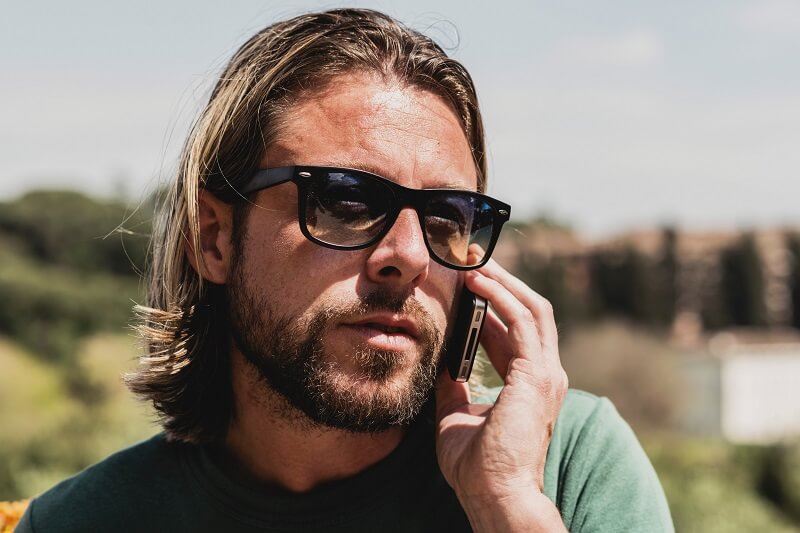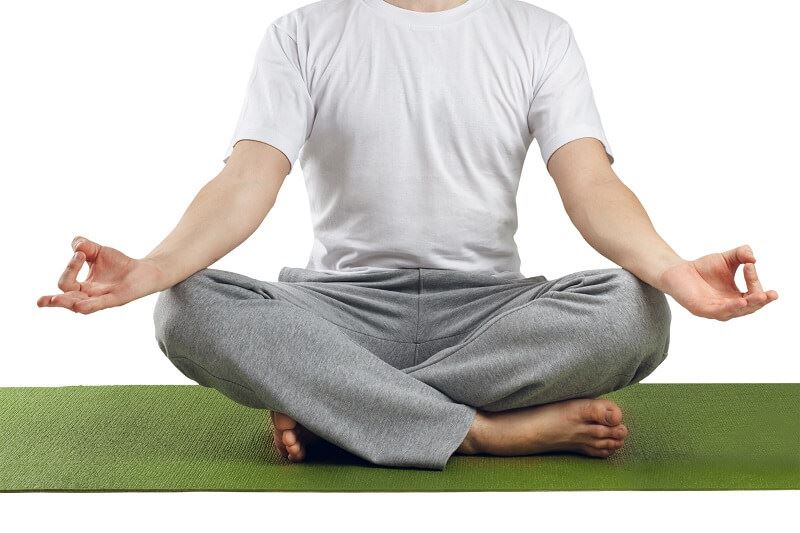Life After Treatment: Interactions with Old Friends

Life after treatment is exhilarating.
You’ve learned a great deal about yourself. You’re sober, and you’re learning to navigate life without drugs and alcohol. You’re figuring out how to develop healthy relationships, have fun and find meaning in your life.
But life after treatment is also rife with challenges. Relapse rates for addiction are around 40 to 60 percent—about the same as other chronic diseases like diabetes and heart disease.1 It takes time to develop new habits that promote a life of sobriety, and in the meantime, triggers are everywhere.
One of the most potent triggers for relapse is spending time with the people you used to drink or use drugs with. Even if your old using friends support your recovery, spending time with them can be very dangerous for your sobriety, as you learned in treatment. So how do you handle interactions with old friends after treatment?
Here are three tips that will help.
1. Practice what you’ll say to old friends.
Visualize potential interactions with your old friends. Then, enlist a friend or family member to help you practice what you’ll say. Doing this will help you handle awkward situations with grace and tact.
What will you do if you run into an old friend on the street? What will you do if an old friend contacts you and wants to hang out? What if an old friend stops by to see you? Planning ahead and having a prepared response at the ready is a lifesaver for life after treatment.
2. Be open and honest.
Making up excuses for why you can’t hang out with old friends can get old, and chances are, you’re not fooling anyone. The best policy is to be honest and open with your old friends if they call or stop by and want to hang out.
Explain that right now, focusing on your recovery is the most important thing in your life, and hanging out with old friends makes you want to use again.
3. Never say never.
Life After Treatment Involves Forging New Relationships
In some cases, it’s best to sever ties completely and permanently with old, using friends. But while it’s important to surround yourself with non-using people in early recovery, this isn’t necessarily to say that you’ll never again be able to have a relationship with any of the people you used with during your addiction. Whether you’re able to rekindle a relationship later on depends on a number of factors, including whether the old friend in question respects and supports your ongoing recovery and whether your entire relationship was built on using. But for now, old, using friends—whether they drink or do drugs around you or not—are an important trigger, and it’s best to distance yourself for the time being.
Recovery is a process of change that leads you to improve your life and strive to reach your full potential.2 Interacting with old friends can throw a wrench in successful recovery, but developing new friendships with other sober people can help take away the sting of losing old friends.
Life after treatment is about exploring new possibilities in your life and finding ways to have fun and enjoy yourself without using. A healthy social life is very important during early recovery, but especially early on, drugs and alcohol should be absent from any social gatherings you attend. It may be difficult at first to sever ties with old friends, but as you develop new, healthier relationships, you’ll find it easier to distance yourself from your old life and the people in it who influenced you in negative ways.
References:








